There’s much to savour in the 16th edition of the OVO Energy Tour of Britain, including the appearance of one of the hottest talents in the world: Mathieu van der Poel.
We assess the big talking points ahead of this year’s race, set to take place on September 7-14
Mathieu van der Poel
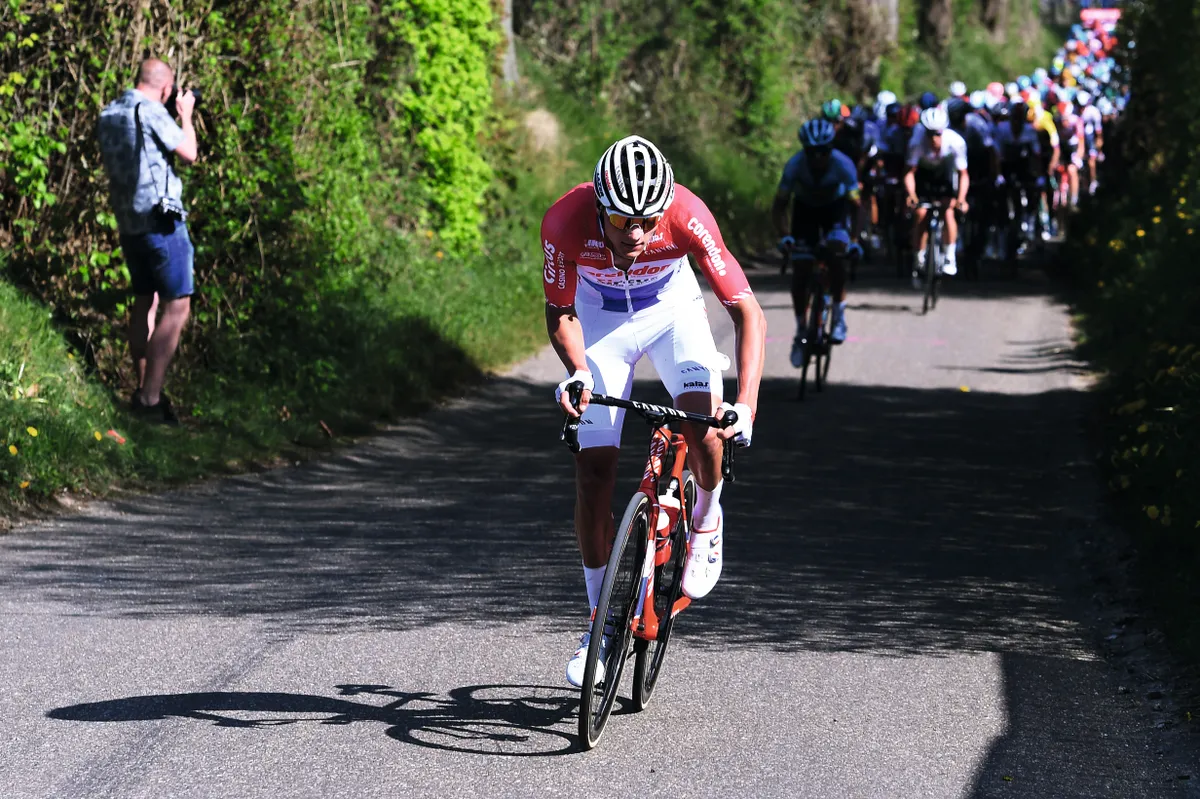
The OVO Energy Tour of Britain often attracts top talent, and this year Dutchman Mathieu van der Poel is making a hotly talked-about appearance.
Alongside his Corendon Circus team, he comes to the race this year with a determination to win a stage, and a clear focus on becoming world champion later in the month.
Should he win in Yorkshire, he’d be the first man to be the reigning road and cyclocross world champion, an astonishing feat achieved by the legendary Marianne Vos in 2006, 2012 and 2013.
You wouldn’t put it past the supremely talented van der Poel, whose magic 2019 Spring Classics campaign came with a crescendo at the Amstel Gold Race, where he rampaged through in the finale for a famous win.
The Worlds are coming too
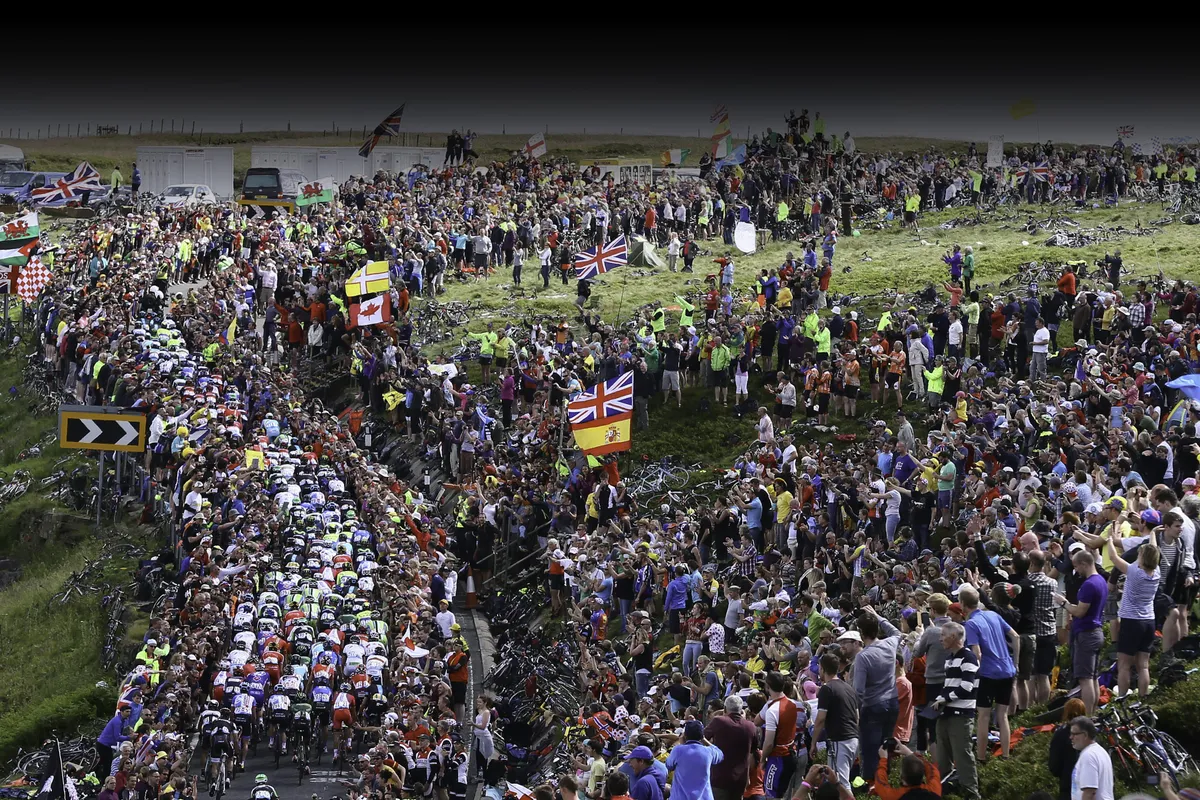
For the first time since 1982, the UCI Road World Championships returns to the UK in Yorkshire from 22 to 29 September.
Kicking off just over a week after the Tour of Britain ends, it’s easy to presume that this once-in-a-generation affair will overshadow the annual loop around Britain. Yet the race is more than capable of standing on its own two feet.
It’s a race that’s long been a priming race for riders targeting the Worlds, competing against races being staged at the same time, such as the three-week Vuelta a España and the one-day WorldTour races in Canada. Michal Kwiatkowski won the Worlds in 2014 having finished second in the Tour of Britain.
That’s a scenario likely to happen again, as riders familiarise themselves with the demands of racing on Britain’s lumpy, rough roads.
Farewell Madison-Genesis
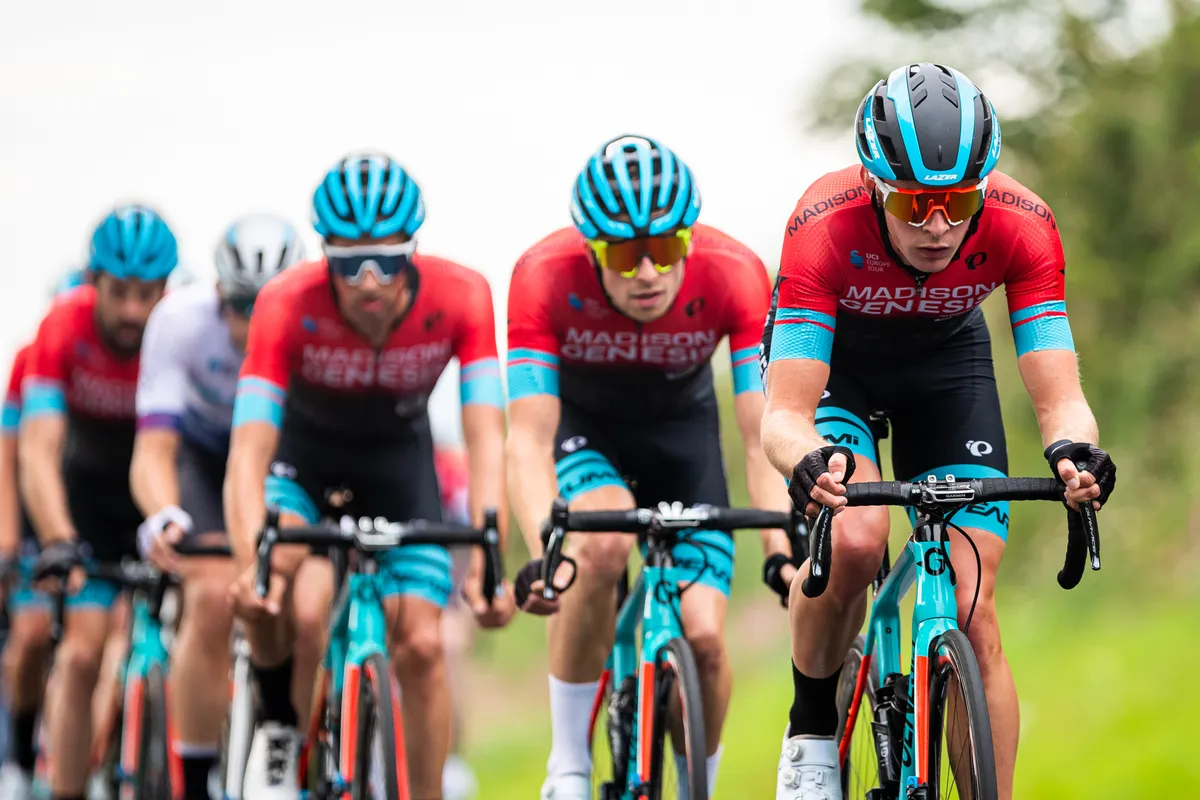
The 2019 Tour of Britain will (probably) be the final curtain call for one of Britain’s top performing teams of the decade.
In June, Madison Genesis announced it would be closing its doors at the end of the season after seven years, and the Tour of Britain will be a fitting finale.
Though they’re yet to win a stage there, they’ve been a consistent animator and disruptor, battling with teams who have far more strength in depth.
The end of last season saw the demise of several other British Continental teams, most notably JLT-Condor, which had been going in various guises since 2004.
It’s clearly a tricky market for investors to see a return on investment, and a lack of sponsor visibility is just one of the problems encountered in the domestic road scene.
Bye for now, London
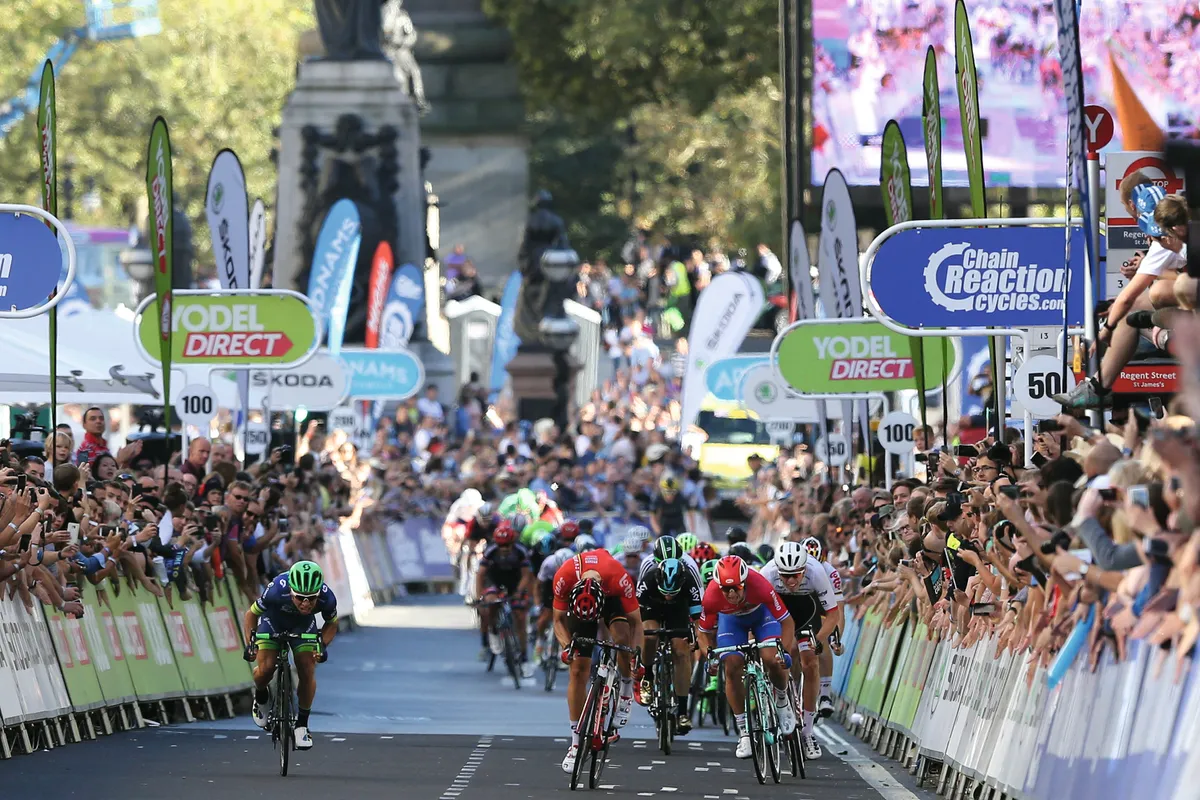
The Tour of Britain’s contract with Transport for London to host a stage on the streets of the capital expired with the 2018 race, which meant SweetSpot, the race organisers, were on the lookout for a new host.
It’s often been the final stage too, but out goes London for now, and in comes Manchester, the home of British Cycling.
Rather than the compact, crit-like London course of multiple circuits, the Manchester stage takes an anti-clockwise loop of all 10 Greater Manchester boroughs with 2,000m of climbing and a finish on the iconic Deansgate.
Gender parity is on the rise
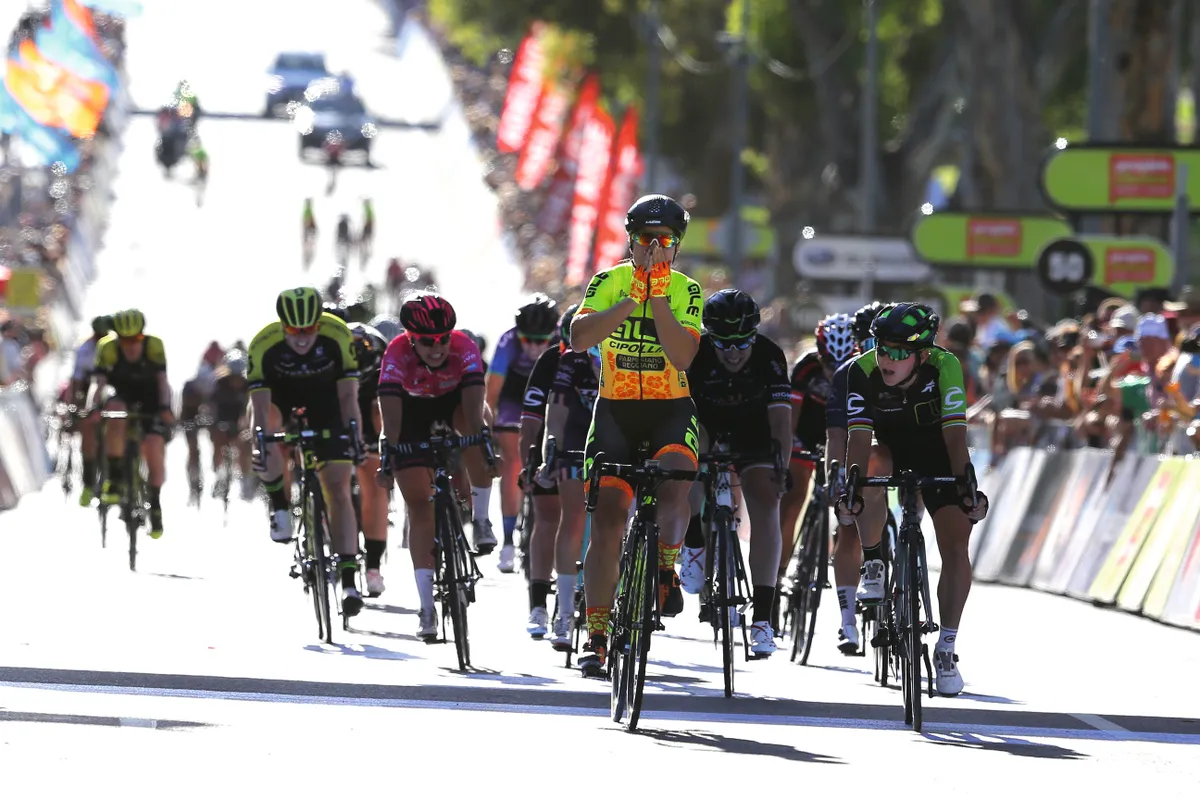
Women’s professional sport has gone off the chart in popularity in recent times, with the summer football World Cup seemingly a watershed moment.
The UK TV record for a women’s football match was increased by almost 300 percent. However football’s challenge is to capitalise on the media interest once the men’s game kicks off again and hoovers up everyone’s attention.
Cycling has faced similar dilemmas, with momentum difficult to cling to. SweetSpot, however, leads the way in professional cycling when it comes to gender parity.
Compare the way the Tour de France pays lip service with La Course to the Women’s Tour, which is now one of the premier races on the calendar since it launched.
Increased to six days for 2019, the race benefits from having its own place on the calendar in June, rather than a tacked-on, second the bill of the men’s race, and offers prize money parity across both races.
Problems remain, however, particularly in TV coverage. Unlike the men’s race, there’s no live TV coverage of the Women’s Tour stages, though there is an hour-long nightly highlights show.
Covering more ground
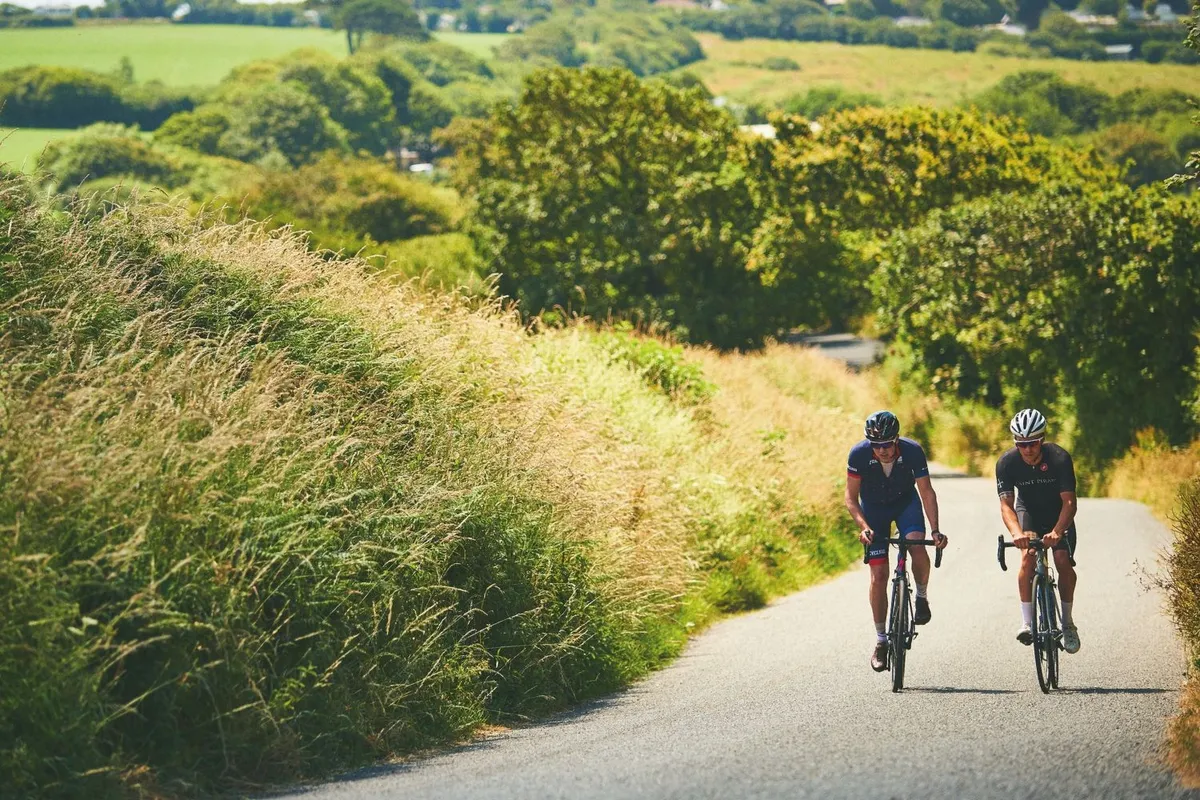
No matter how big the Tour de Yorkshire gets, the Tour of Britain is still the country’s national race.
Yet even now, 15 years into the race’s history, the race hasn’t visited everywhere, for various reasons, from local councils not stumping up the cash, to logistical problems of taking the race to corners of the country and keeping an eight-day race manageable with regard to daily transfers.
Next year’s race will correct a glaring omission in the Tour of Britain’s historical parcours — Cornwall. A 170km stage will start the race next September, starting in Penzance and ending in Bodmin.
